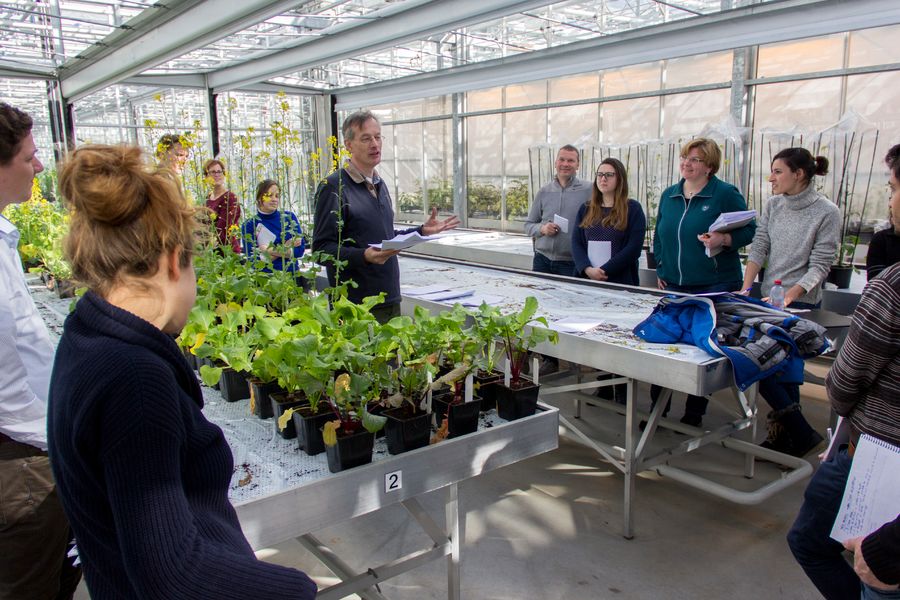These figures come from an evaluation of period six last year by Tim Stevens (Education and Learning Sciences). ‘Both students and teachers indicate that online education is working, and the transition was successful. Under the circumstances, they are pretty satisfied on the whole. But whether they are happy is another matter. Among teachers, that is clear from the increased work pressure, which was already high before the coronavirus crisis.’
Teachers emphasize that they miss the personal interaction with students. The lack of direct feedback from students makes it harder to know how the students are doing and what kind of support they need in their learning process. And 51 per cent of the teachers said they found it hard to combine online teaching with their home situation, because they have children at home, for example.
Not happy
About half the teachers (48 per cent) don’t enjoy teaching online; 29 per cent do like it, and 23 per cent have no strong feelings either way. ‘That people dislike teaching online will be down to the crisis situation in which everything suddenly had to go online,’ says Stevens. ‘That created extra work pressure too. If the work pressure is already high, and then this comes on top of it, you’re not going to be very happy. But teachers also indicate that they want to go on using the online methods. So they are satisfied with a number of changes they have made themselves.’
Both teachers and students long to go back to classes on campus, but a number of students also see ‘blended’ education (partly on campus and partly online) as the best option. Over half the students (56 per cent) don’t like online classes. Students struggle with motivation problems: 52 per cent say they are not motivated to follow online courses. And students too miss the interaction and the sense of community.
Grades
Both students and teachers say they expect online education will have a negative impact on students’ attainment levels. Yet the average grades and the course evaluations have remained stable, although more students didn’t get grades for courses they had registered for. ‘But the number of course registrations increased too,’ says Stevens. ‘So if you look at the percentage of students who still haven’t got a grade for a course in period six, and you compare that with the average of the past five years, you see an increase of five per cent.’ This doesn’t give the complete picture, however. Delays are still expected with internships and final theses.
Tim Stevens also has an Open Teams page on which everyone from WUR is welcome to discuss his research.

 Teachers and students long for on-campus education again. Photo: Jesse Reij
Teachers and students long for on-campus education again. Photo: Jesse Reij